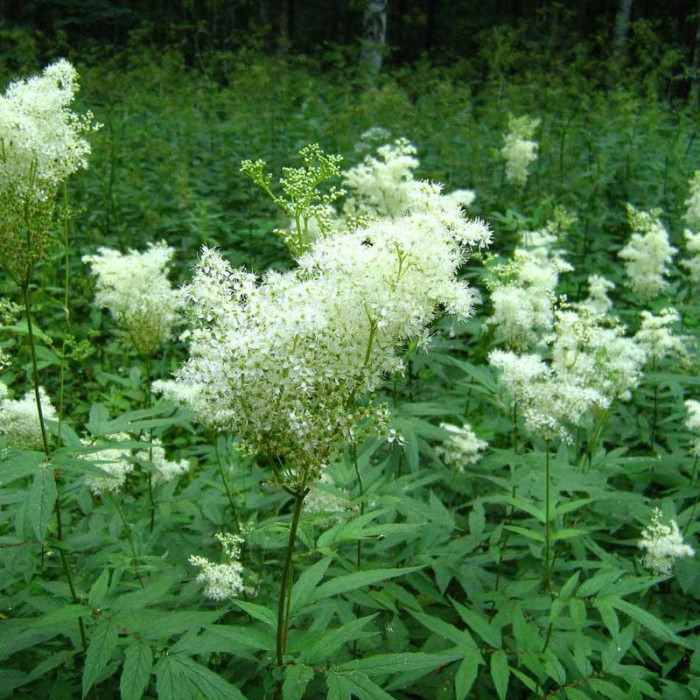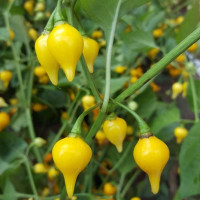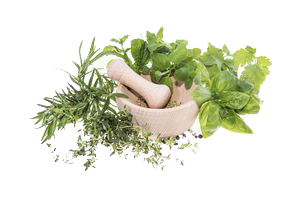Meadowsweet or mead wort / Filipendula ulmaria - is a perennial, fairly tall plant up to 100-160 cm tall. The inflorescence is dense, consisting of small flowers, retains its decorative effect for 20-25 days, up to 7-8 inflorescences develop on one plant. Flowering from mid-June to mid-July. It grows well in sunny areas and in partial shade, but is picky about humidity. Winter-hardy. Excellent honey plant.
Sowing in late April - early May or autumn, with 2 cm incorporation. Seed germination in spring sowing is lower than in autumn. Seedlings are especially sensitive to lack of moisture, in addition, they must be shaded. Seedlings bloom in the 2-3rd year after germination.
Care consists in regular weeding, loosening and watering, spring and summer top dressing with complex mineral fertilizer. The plant is very durable, the age can reach 200-300 years! Forms continuous single-species thickets. Looks great in a single landing along the pond and in combination with irises, bodan, hostas.
The meadowsweet has enjoyed a good reputation for many centuries. From roots to flowers, it is used in the treatment of many diseases. This plant is used both in folk and scientific medicine.
The meadowsweet plant contains a large amount of useful substances. In medicine, it is used due to the high content of vitamin C and essential oils. Among other useful substances in the meadowsweet are present: tannins, salicylic acid, phenolic compounds, flavonoids, fatty acids, steroids, dyes, phytoncides, glycoside gaulterin, flavone substance hyperin.
Thanks to useful substances, the meadowsweet plant has diuretic, diaphoretic, astringent, disinfectant and hemostatic properties. In addition, meadowsweet has anti-inflammatory, analgesic, antirheumatic, tonic, tonic, bactericidal and antipyretic effects.
Means from the meadowsweet can effectively treat inflammation of the mucosa of the gastrointestinal tract, urinary tract and kidneys. Internally, in the form of infusions or decoctions, meadowsweet is used as an anti-inflammatory agent for severe pain in the stomach and intestines, for hemorrhoids, as a diuretic for the treatment of kidney stones. The medicinal properties of the plant will help with gastritis.
The meadowsweet herb is indispensable for catarrh of the upper respiratory tract, bronchitis, bronchial asthma. A decoction of the herb is very good for pneumonia. The plant is also effective for colds, flu, fever, fever and fever. Medicinal leaves of the meadowsweet will help relieve fatigue and get rid of the common cold.

No questions about this product, be the first and ask your question.











